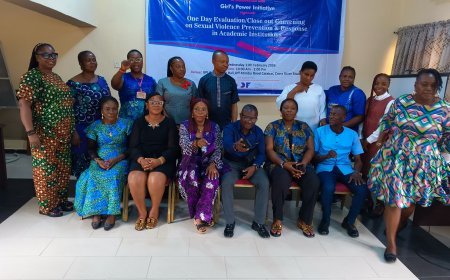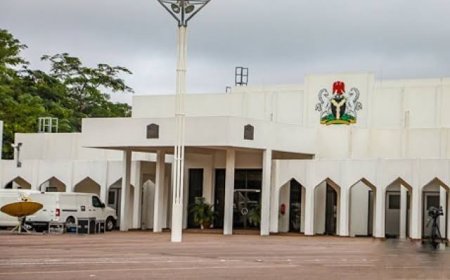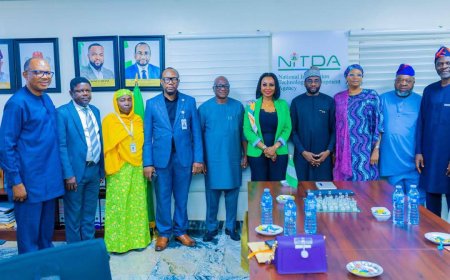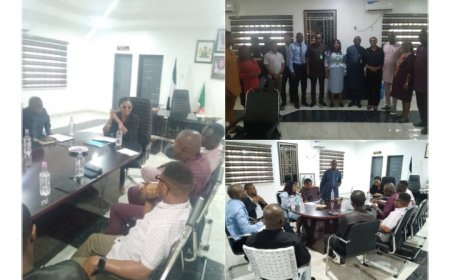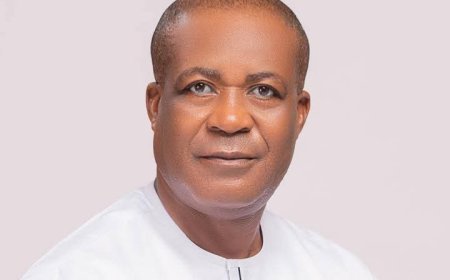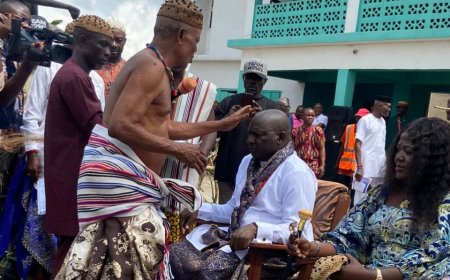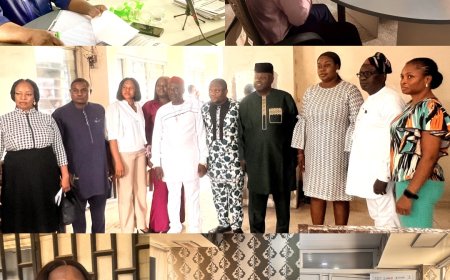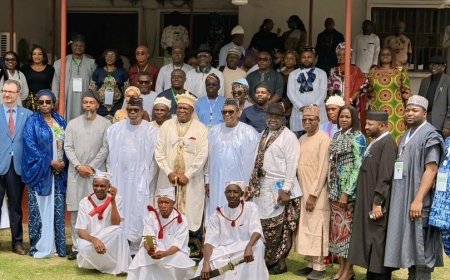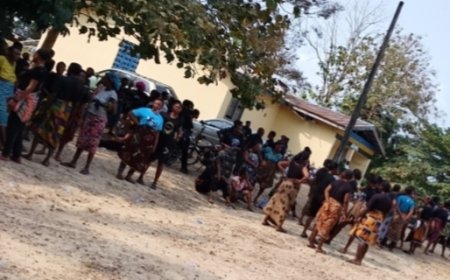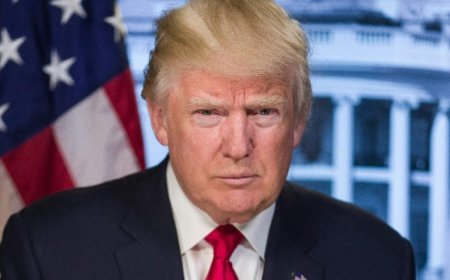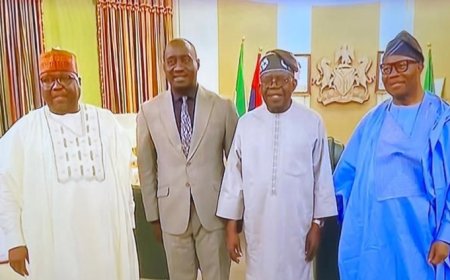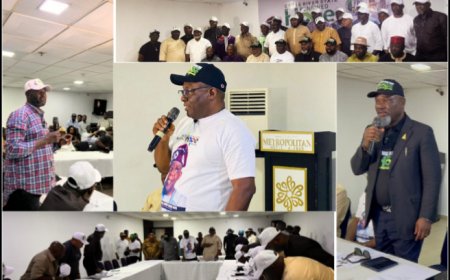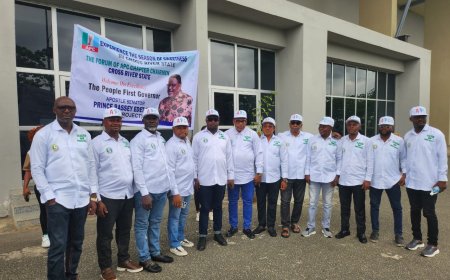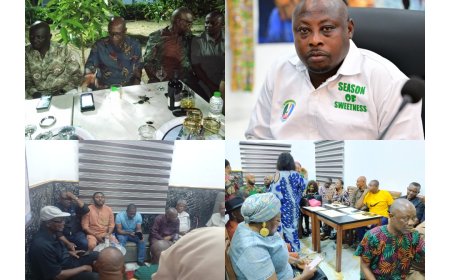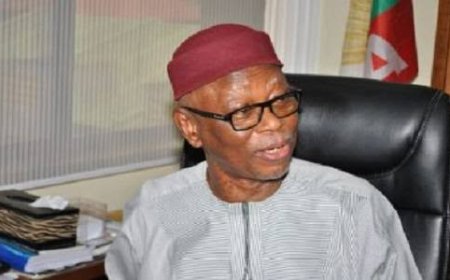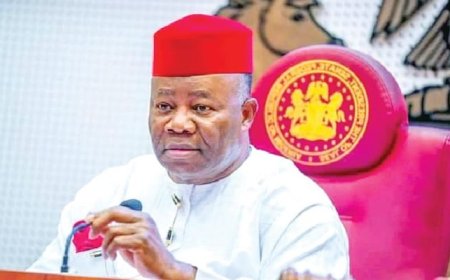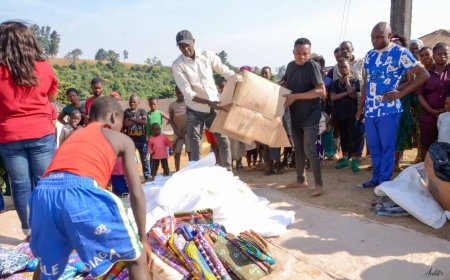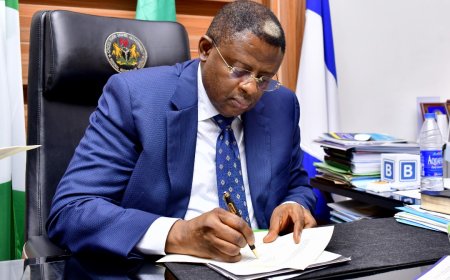SDG Advocate Calls for Digital Inclusion in Rural Schools
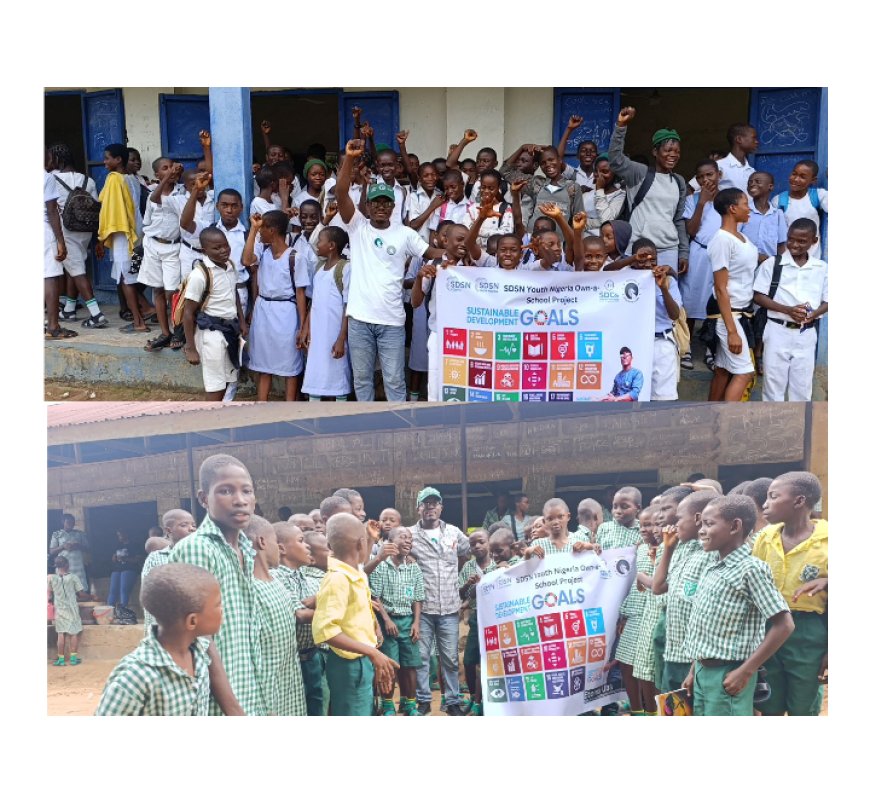
By Ebi COLLINS
A National Health Fellow and United Nations SDG Advocate, Etoma Uba, has called for urgent investment in digital infrastructure in rural schools, warning that the lack of access to technology is widening educational inequalities and undermining Nigeria’s progress toward achieving the Sustainable Development Goals (SDGs).
Uba made the call following a series of community outreach visits to four secondary schools in Abi Local Government Area of Cross River State, where he engaged students and teachers on the 17 SDGs under the “Own A School Project,” an initiative of the UN Sustainable Development Solutions Network (SDSN) Youth Nigeria.
According to him, the project aims to empower students to see themselves as active partners in driving sustainable development, not just beneficiaries of it.
“The idea is simple yet powerful, to help young people understand that their small actions contribute to a larger global mission,” Uba said. “When students know their roles in promoting sustainability, they become changemakers in their communities.”
During the outreach, Uba visited Bazohure/Igonigoni Secondary School, Bahumono Secondary Grammar School, Ebom, Community Secondary School, Anong Bahumono, and Edanafa Secondary Commercial School, Ediba, engaging over 500 students and teachers in interactive discussions about the SDGs and their relevance to local issues.
However, he expressed concern about the poor state of learning facilities in the schools, noting that none of them had functional computer laboratories or ICT equipment.
“It was disheartening to discover that many students have never seen or used a computer,” he said. “In a world driven by digital innovation, this is a serious setback for rural education. Computer literacy is no longer a luxury, it is a necessity.”
Uba stressed that bridging the digital divide is key to achieving SDG 4 (Quality Education) and SDG 9 (Industry, Innovation, and Infrastructure), calling on government at all levels to prioritize ICT access in rural schools.
He also highlighted the importance of community engagement, emphasizing that the SDGs can only be achieved when everyone, students, teachers, parents, and local leaders, takes responsibility for action.
“Our discussions helped students see how small lifestyle changes can contribute to global progress,” he said. “From practicing good hygiene and protecting the environment to promoting peace and supporting one another, every effort counts.”
Uba urged the Cross River State Government, Local Government Councils, and the Federal Ministry of Education to provide rural schools with computer laboratories, trained ICT teachers, and reliable power supply.
“If Nigeria is serious about achieving quality education and reducing inequality, then investing in digital infrastructure in rural schools must become a national priority,” he said.
The SDG advocate reaffirmed his commitment to continue using his platform as a National Health Fellow and UN SDSN Youth Nigeria representative to amplify the voices of rural students and push for equitable access to education.
“Sustainable development begins with awareness and grassroots action,” Uba added. “Educating young people about the SDGs gives them a sense of purpose, while equipping them with digital skills gives them the power to act.”
He described the “Own A School Project” as a vital step in building local ownership of the SDGs and inspiring a generation of digitally literate youth who can drive innovation and development in their communities.

